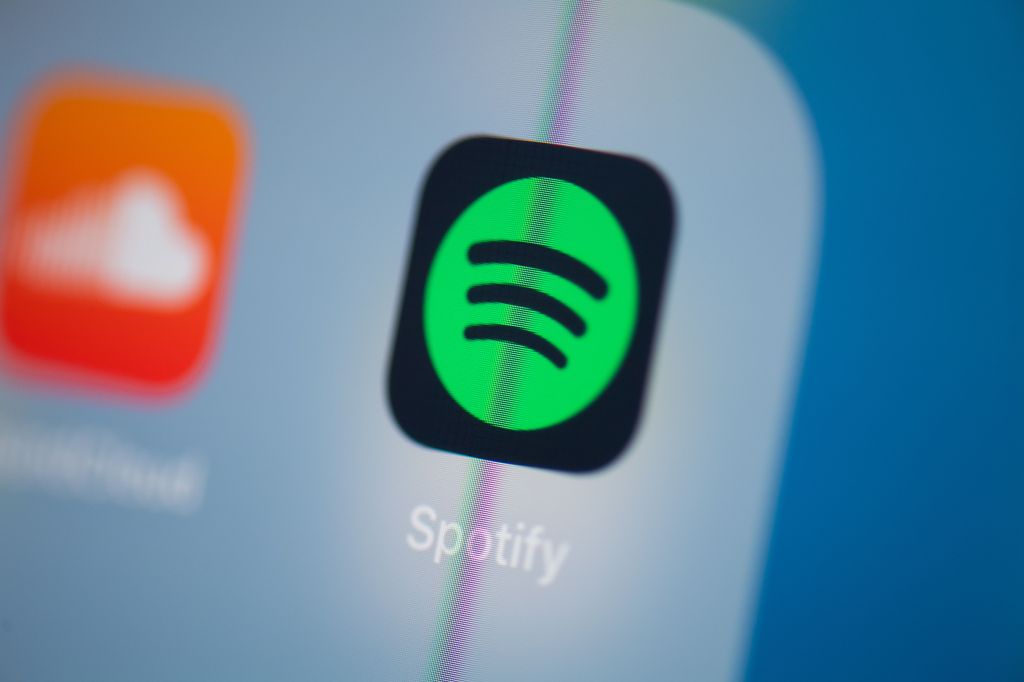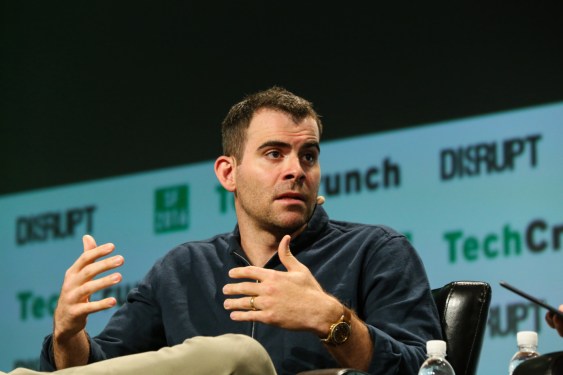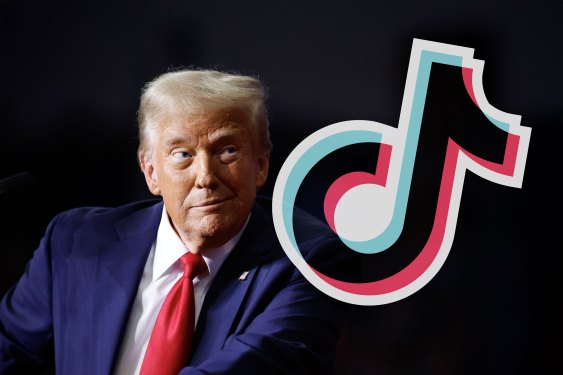Spotify announced today that it’s expanding its Blend playlist creation tool to include more artists, and will now also allow fans to purchase artist merch through the feature. The Blend tool allows two Spotify users to see where their musical tastes overlap by mixing together their favorite songs to find those they have in common. This Blend then updates daily with new songs based on everyone’s listening habits. A few months ago, Spotify rolled out the ability for users to create playlists with some of their favorite artists, including BTS, Charli XCX, Kacey Musgraves, Lauv, Megan Thee Stallion and more.
With this newest update announced today, Blend includes even more artists, including The Chainsmokers, Lizzo and Post Malone. To Blend with one of these artists and purchase their merchandise, you can click the link the artist has shared to Blend with them. You will then receive a card that displays your “taste match” score — a score that’s calculated based on how similar or different your listening preferences are when compared to the artist you blended with. You can share this card directly on Instagram, Facebook, Snapchat or Twitter.
After receiving their taste match score, users will now have the opportunity to purchase the artist’s featured merch via the artist’s Spotify Shopify page. Spotify notes that all of the pieces of merch have been selected by the artist themselves. Spotify launched its partnership with Shopify last year to allow artists on its service to connect their Spotify profiles with their Shopify stores, allowing them to market their merchandise directly to fans through the Spotify app. The new update combines one of Spotify’s personalized playlist tools with its e-commerce efforts.
Spotify says it’s committed to allowing creators to live off their work and that its partnership with Shopify helps artists grow additional revenue streams like merch.
The streaming service’s personalized playlists are a big selling factor for the streaming service, and one of the reasons Spotify continues to lead the music streaming market despite not having the built-in advantage of rival music services — like Apple Music or Google’s YouTube Music, whose music apps ship with the tech giants’ own smartphones and mobile software.







